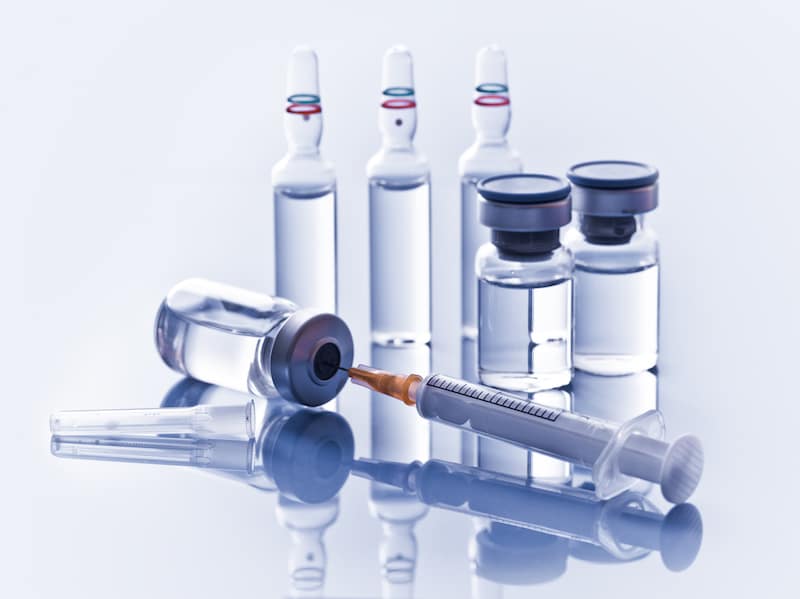 Human papilloma virus (HPV) is a sexually transmitted infection (STI) that evidence suggests is on the rise. It is thought that 80% of Australians will be infected with HPV at some stage throughout their lives. One of the most common STIs, the vast majority of HPV infections actually evoke no symptoms, and are therefore likely to go unnoticed by those who have it.
Human papilloma virus (HPV) is a sexually transmitted infection (STI) that evidence suggests is on the rise. It is thought that 80% of Australians will be infected with HPV at some stage throughout their lives. One of the most common STIs, the vast majority of HPV infections actually evoke no symptoms, and are therefore likely to go unnoticed by those who have it.
Cancers Related to HPV
There are a number of notable cancers that are believed to be related to HPV. These include cancers of the:
- Cervix, vagina, vulva, penis, anus, rectum
- Head and neck
- Oropharynx (back of the throat, base of tongue and tonsil region).
The HPV-vulnerable region of particular concern in this blog is the oropharynx. Whilst various forms of oral cancer can occur for different reasons, it is believed that about 70% of all cancers of the oropharynx could be connected to HPV.
Oropharyngeal cancers are particularly common amongst men. In fact, according to the CDC, the U.S. based Centre for Disease Control and Prevention, HPV related oropharyngeal cancers are four times more occurrent in men than they are in women.
With a vaccine that has been operational since 2006, one might wonder why HPV related cancers aren’t forecasted to decline in number. There are a number of reasons.
First of all, the HPV vaccination was initially labelled as a key tool to combat cervical cancer. Thus, the vaccination was most prominently offered to girls. However, in the U.S. at least, it is forecasted that the year 2020 will see more HPV related cancers among men than women. An initial solution, then, is to ensure boys are vaccinated too. But the conversation doesn’t end here.
Problems with Screening
For some time, women have benefitted from the diagnostic capabilities of the Pap smear, which is able to provide a degree of screening for the risk of HPV related cervical cancer. But it’s an unfortunate and sobering truth that there is no screening methodology akin to the Pap smear available to uncover early signs of HPV related oropharyngeal cancer.
What Can Be Done?
We’ve touched on the idea of vaccinations already. There is absolutely no doubt that every young Australian should be vaccinated against HPV, whether boy or girl.
But those who aren’t vaccinated are not without help. Whilst innovative screening tests equivalent to the Pap smear aren’t currently available to test for the risk of HPV related oropharyngeal cancer, regular check-ups with your doctor and dentist are the best way to protect yourself.
Why a Good Dentist is Important
Oral health is a vital component to your greater health wellbeing. As mentioned above, the risk of HPV related oropharyngeal cancer is rising. If you’re concerned about whether or not you’re carrying, or are at risk of carrying HPV, then it’s recommended that you consult with your health professionals.
A good dentist will scan your mouth for cancer during every check-up, so choosing the right dentist is crucial. You should be assured that your dentist is aware of the risks and associations between HPV and oropharyngeal cancer.
Source
http://www.immunise.health.gov.au/internet/immunise/publishing.nsf/Content/immunise-hpv
